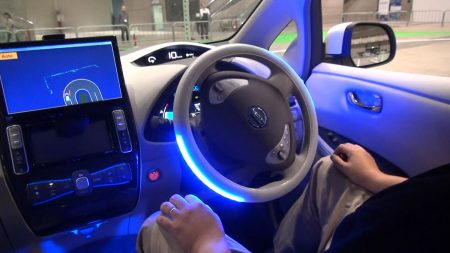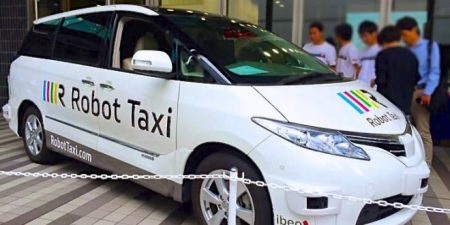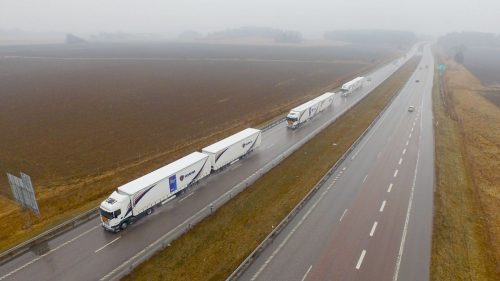June 16, 2017 – The Governor of Washington, Jay Inslee, signed an order this week to allow self-driving cars to operate on state roads without a person sitting in the driver seat to act as monitor. All companies building autonomous driving systems are encouraged to apply.
Inslees’ justification for this executive order is to cut down on the more than 33,000 fatalities and 35 million reported motor vehicle accidents in the United States annually, 94% caused by driver error. In the U.S. a fatal motor vehicle crash happens once every 12 minutes, while accident injuries occur at a rate of one every 14 seconds. That’s a lot of carnage on the nation’s roads that could be avoided if artificial intelligence built into autonomous vehicle technology were to take over the driving.
Related to the Governor’s announcement this week, a June 7, 2017, edition of The Seattle Times, quotes him stating, “We humans are really good at a lot of things, driving cars isn’t necessarily one of them compared to the automated processes that are digital and foolproof. I just have huge confidence in the safety aspects of this.”

Other states including Arizona, California, Michigan, Colorado, Texas, Tennessee, and Georgia, are looking to proceed with testing self-driving cars on all roads. The car companies are more cautious about taking the human out of the driver seat for now. States Bryan Roosa, Director of North American government relations at General Motors, “Current state law doesn’t account for a car without a human behind the wheel……We’re looking for certainty. A pathway to test and deploy.” Even Tesla has stated that it needs another couple of years before fully autonomous vehicles with no human driver input will be a foolproof technology.
Autonomous vehicles represent a paradigm shift that Governor Inslee probably has not yet contemplated. With their deployment, we may see a rapid decline in private vehicle ownership as on-demand services for transportation take over. Why put a car in every driveway if an autonomous vehicle can pick you up, take you to work, be summoned when you are ready to return home, and take you right to your door for a transactional fee rather than bearing the full cost of purchase or a monthly lease charge. Autonomous vehicles will communicate with all other autonomous vehicles around them. That means bottlenecks will be minimized as the vehicles adjust speed and distance among them to existing traffic volume conditions. Traffic will flow seamlessly. Gridlock will be a thing of the past.

Describing this technology as transformational is understating the case. A decline in urban dweller private ownership will have implications for insurers, vehicle licensors, and more. Manufacturers will be dealing with fleet operators or will retain ownership of the vehicles themselves offering their products as a service. We are only beginning to understand what autonomy means for cars and trucks.
And speaking of trucks, Volvo has a self-steering truck that has been introduced in the Brazilian market for use in the sugarcane industry. Automated steering using GPS, and gyroscopes, gives these Volvo trucks the ability to tread lightly through sugarcane helping to expedite the harvest.
In other truck news, back in April, Volvo, Daimler, and Volkswagen accepted the Dutch government’s European Truck Platooning Challenge, and successfully sent a convoy of autonomous and nearly autonomous trucks across four European borders traveling over 2,000 kilometers (1,200 miles) on public roads without incident.

The plan in the very near future is to have self-driving trucks operating from the port of Rotterdam delivering goods across Europe for Unilever and other companies. All that stands in the way is slow-moving European bureaucrats who still have to get their heads around the notion that autonomy has an enormous upside.

















